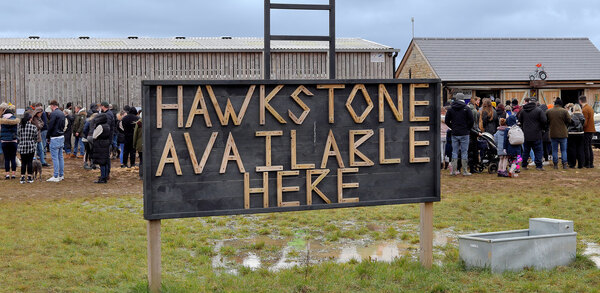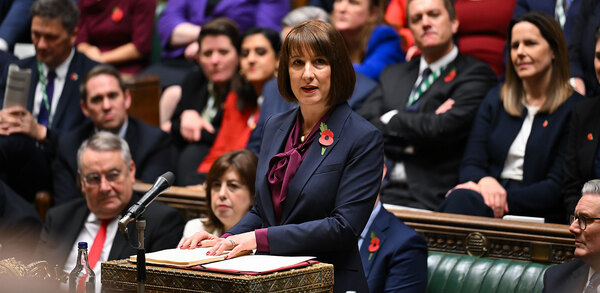Viewpoint: Sandy Orr asks why tenants are liable for rent in a pandemic
An unprecedented case like Covid surely means that the old rules of the legal system just can’t apply any more, says Sandy Orr.
The government has announced a further ban on landlords’ eviction of commercial tenants until March 2022, with a requirement to renegotiate lease terms.
This is a logical response to the accumulation of about £2.5b in back rent, theoretically due by blameless tenants who were prevented from trading. The government’s action strengthens the view that it should be open to a tenant in many cases to surrender a pre-Covid lease on the grounds of frustration, should the tenant wish.
I have been convinced since early in the pandemic that properly interpreted English law gives a right to terminate a contract, including a lease, if the basis of the contract is destroyed by unforeseen circumstances, such as Covid. I acknowledge that this view is challenged by some lawyers.
However, no one on the planet anticipated Covid or had any idea of the commercially obliterating effects it has had, particularly on the leisure sector. Not one of the tenants now facing huge demands for rent arrears would have signed their leases if the pandemic effects had been thought a reasonable possibility. And a tsunami of claimed rent arrears now looms over thousands of businesses.
So where does English law stand? Given the faultless plight of thousands of tenants, I am perplexed that there is still a large body of legal opinion to the effect that tenants should accept their liability to pay or go bankrupt “because they signed”.
Where does this concept of “liability for rent, no matter what” come from? Everyone accepts that we are living enveloped by a completely unprecedented happening, yet this school of legal thought still ferrets about in old cases to find precedents.
Leading the distraction has been the 1981 case, which was brought after National Carriers granted Panalpina a 10-year lease of a warehouse that could only be accessed via a single road. Panalpina claimed frustration after the road was closed. The House of Lords held that the lease had not been frustrated as the interruption of 20 months in a 10-year term was not significant enough to destroy the contract. The temporary loss of use of a building where the tenant could readily move elsewhere and continue trading bears no similarity to an environment such as Covid, where trading has been shut down.
The case of Panalpina seems to have an unhelpful hypnotic effect. The case is nearly irrelevant to current circumstances, involving the temporary loss of use of a building where the tenant was able to move elsewhere.
It lies at the heart of English legal tradition to provide access to fundamental justice. To saddle bewildered tenants with £2.5b of back rent when they could not trade would be injustice and unfairness on an epic scale. I do not believe our country or courts will support this outcome.
To saddle bewildered tenants with £2.5b of back rent when they could not trade would be injustice and unfairness on an epic scale
As the economist Edmund Burke once said: “Justice is the great standing policy of civil society.”
And what of the landlord? It is said that the landlord has a theoretical right to rent. But whatever the outcome the landlord retains the property as it was before the lease was signed.
In appropriate cases tenants may not be liable for rent from March 2020. If tenants are obliged to terminate they will have lost a great deal – good will, improvements, their equipment and their livelihood. That is more than enough. Tenants who wish to renegotiate a fresh lease should have a pre-emptive right to do so but negotiating as equal parties with legitimate leverage and certainly not as anxious supplicants.
Covid is an immense thing. Frustration of leases seriously affected should obviously be allowed.
Sandy Orr is a veteran hotelier and co-founder of the former Mint Hotel group

















